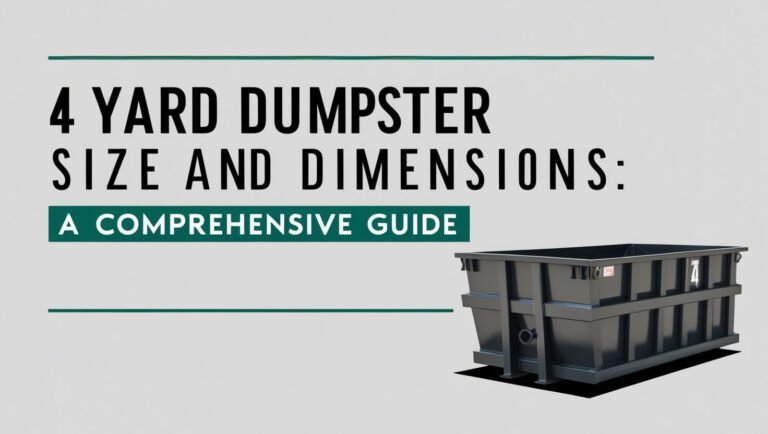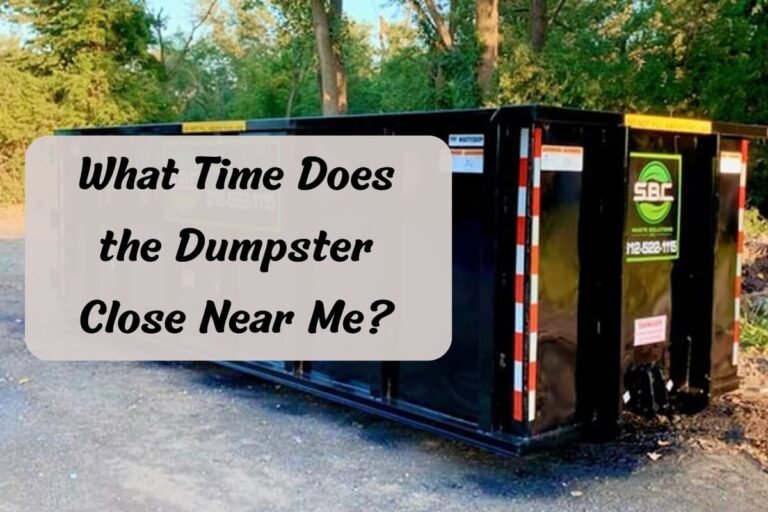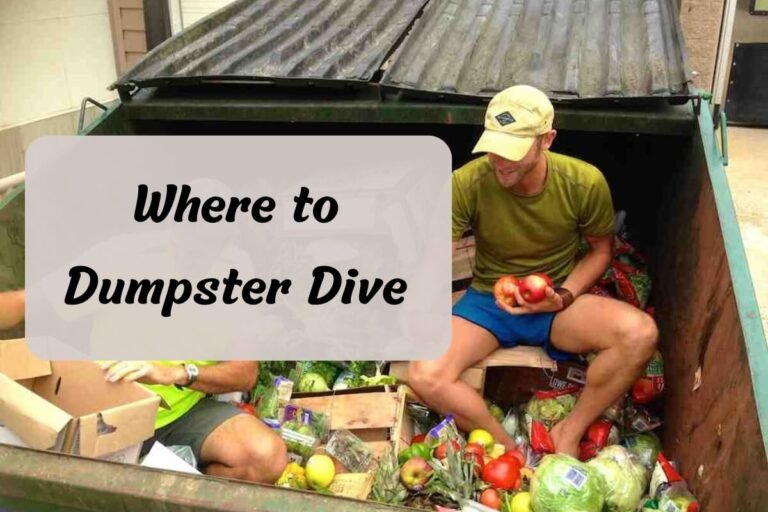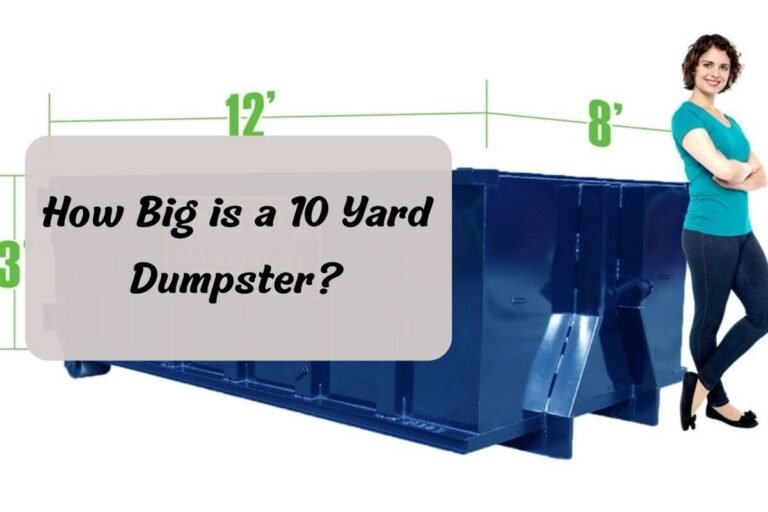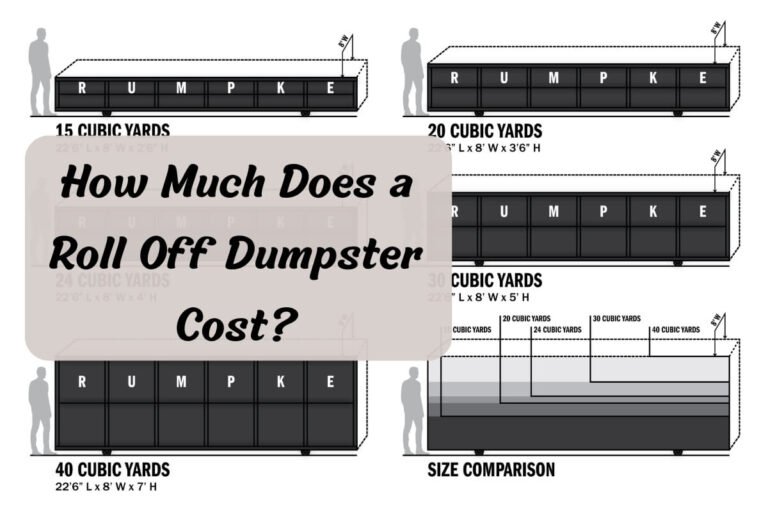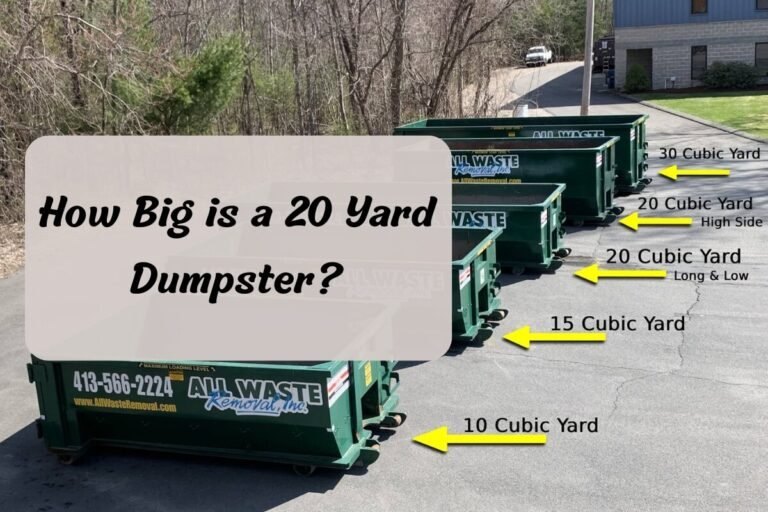Is It Illegal to Pour Bleach in a Dumpster? A Comprehensive Guide
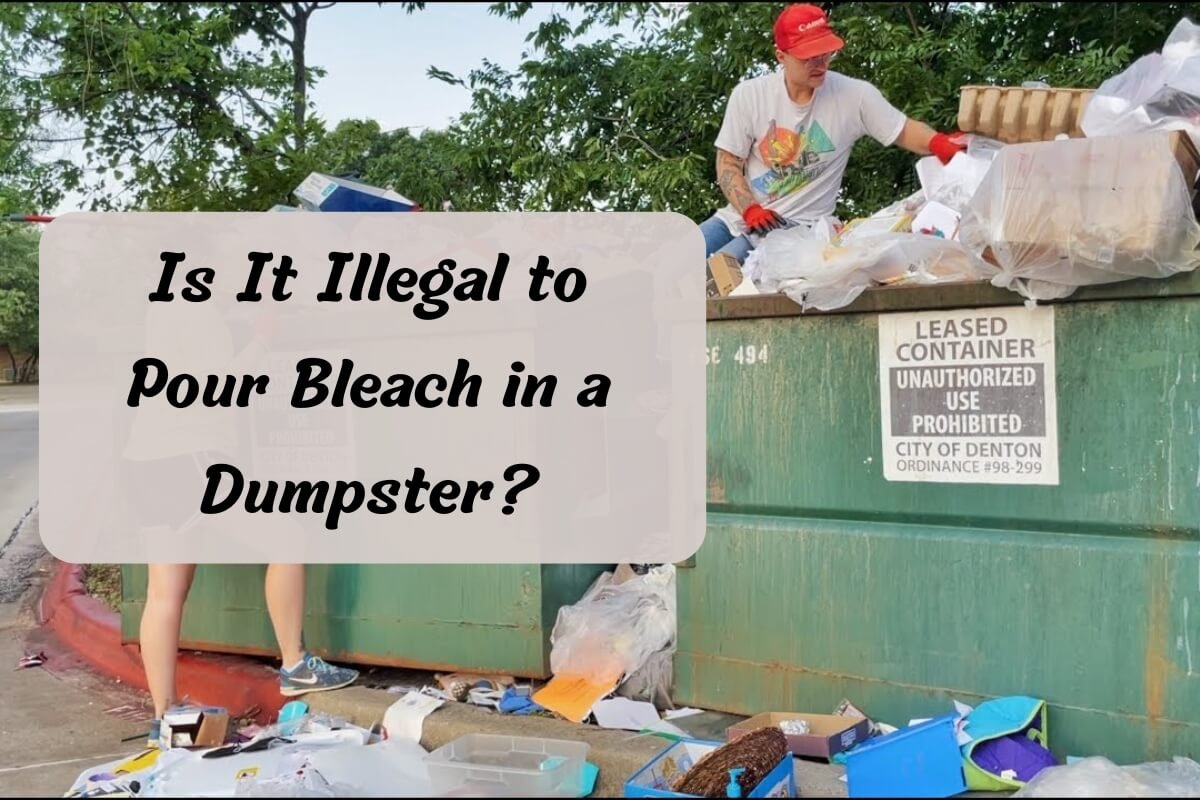
In bold: Yes, it is illegal to pour bleach in a dumpster due to its hazardous nature and potential environmental risks. This post will cover why bleach disposal is regulated, the proper ways to dispose of it, alternatives to consider, and answers to commonly asked questions.
Household bleach, a common cleaning agent found in many homes, is an effective disinfectant and stain remover. However, its chemical composition makes it a hazardous substance that requires proper handling and disposal. If you’re wondering, “Is it illegal to pour bleach in a dumpster?” the short answer is yes. Pouring bleach into regular trash dumpsters or curbside pickup is strictly prohibited by law.
This guide will examine the reasons behind these regulations, the potential consequences of improper bleach disposal, and the approved methods for safe disposal. We’ll also explore eco-friendly alternatives to bleach and address commonly asked questions on this topic.
Understanding Hazardous Waste Regulations
Bleach, with its active ingredient sodium hypochlorite, is classified as a hazardous waste by the Environmental Protection Agency (EPA). Hazardous wastes are substances that can pose a threat to human health or the environment if not handled and disposed of properly.
The EPA and state environmental agencies have strict regulations in place to govern the management and disposal of hazardous wastes, including household chemicals like bleach. Violating these regulations can result in hefty fines and legal consequences.
Why Pouring Bleach in Dumpsters is Prohibited
Pouring bleach into regular trash dumpsters or curbside pickup is strictly prohibited for several crucial reasons:
- Environmental Contamination: Bleach is a corrosive substance that can leak from dumpsters and contaminate soil, groundwater, and waterways. This can have devastating effects on aquatic life and ecosystems.
- Chemical Reactions: When mixed with other substances in the dumpster, bleach can trigger dangerous chemical reactions, potentially leading to fires or the release of toxic fumes.
- Safety Risks: Exposure to bleach can cause respiratory issues, skin irritation, and other health problems for sanitation workers and individuals handling the waste.
- Landfill Restrictions: Most landfills have strict policies against accepting hazardous materials like bleach, as they require special treatment and disposal methods.
To avoid these risks and comply with regulations, it’s essential to follow proper disposal guidelines for bleach and other household hazardous wastes.
Proper Ways to Dispose of Bleach
Instead of pouring bleach down drains or tossing it in the trash, there are approved methods for safe and legal disposal:
- Household Hazardous Waste Collection Facilities: Many communities offer designated household hazardous waste collection sites or events where you can safely dispose of bleach and other hazardous materials.
- Professional Hazardous Waste Disposal Services: You can hire a professional hazardous waste disposal company to collect and properly dispose of bleach and other hazardous household items.
When transporting bleach to a disposal facility, it’s crucial to follow safe handling guidelines:
- Keep the bleach in its original, labeled container.
- Secure the container to prevent spills or leaks during transport.
- Wear appropriate personal protective equipment (PPE), such as gloves and goggles.
- Follow any specific instructions provided by the disposal facility.
Exceptions and Special Cases
In some cases, small quantities of diluted bleach solutions may be acceptable for disposal in regular trash or down drains. However, it’s essential to check with your local authorities for specific guidelines and quantity limits.
Facilities that use large volumes of bleach, such as commercial or industrial sites, must follow specific regulations and disposal guidelines. They should consult with relevant authorities and adhere to industry-specific rules.
Alternatives to Bleach for Cleaning and Disinfecting
Given the hazardous nature of bleach and the restrictions surrounding its disposal, it’s worth considering eco-friendly alternatives for cleaning and disinfecting purposes. Some safer options include:
- Vinegar: A natural disinfectant and cleaning agent made from fermented acetic acid.
- Hydrogen Peroxide: An effective disinfectant and bleaching agent that breaks down into water and oxygen.
- Baking Soda: A gentle abrasive and deodorizer that can be used for cleaning and scrubbing.
- Plant-based Cleaners: Many commercial cleaning products are now available that use plant-derived ingredients instead of harsh chemicals.
These alternatives are generally safer for the environment, easier to dispose of, and can be just as effective as bleach for many cleaning tasks.
Commonly Asked Questions
Can I pour a small amount of bleach down the drain?
It’s generally not recommended to pour bleach down drains, even in small quantities, as it can corrode pipes and harm septic systems. Check with your local authorities for specific guidelines on acceptable amounts, if any.
What if I accidentally poured bleach in the trash?
If you accidentally dispose of a small amount of bleach in the regular trash, it’s best to contact your local waste management authority for guidance on how to properly handle and dispose of the contaminated waste.
Can I reuse or recycle empty bleach bottles?
Empty bleach bottles can typically be recycled with other plastic containers, but it’s important to thoroughly rinse them first to remove any residual bleach.
Is it legal to transport bleach in my car for disposal?
Yes, it’s legal to transport bleach in your personal vehicle for proper disposal, as long as you follow safe handling guidelines and any local regulations.
What should I do with old or expired bleach?
Old or expired bleach should be disposed of through approved hazardous waste channels, just like fresh bleach. It’s not safe to pour it down drains or into the trash.
Conclusion
In summary, it is illegal to pour bleach in a dumpster or dispose of it through regular trash collection. Bleach is classified as a hazardous waste due to its corrosive and potentially harmful properties. Improper disposal can lead to environmental contamination, safety risks, and legal consequences.
To ensure compliance with regulations and protect the environment, it’s crucial to follow proper disposal methods, such as utilizing household hazardous waste collection facilities or professional disposal services. Additionally, consider exploring eco-friendly alternatives to bleach for cleaning and disinfecting purposes.
By understanding the importance of responsible bleach disposal and following the guidelines outlined in this comprehensive guide, you can do your part in promoting a safer and more sustainable environment.

